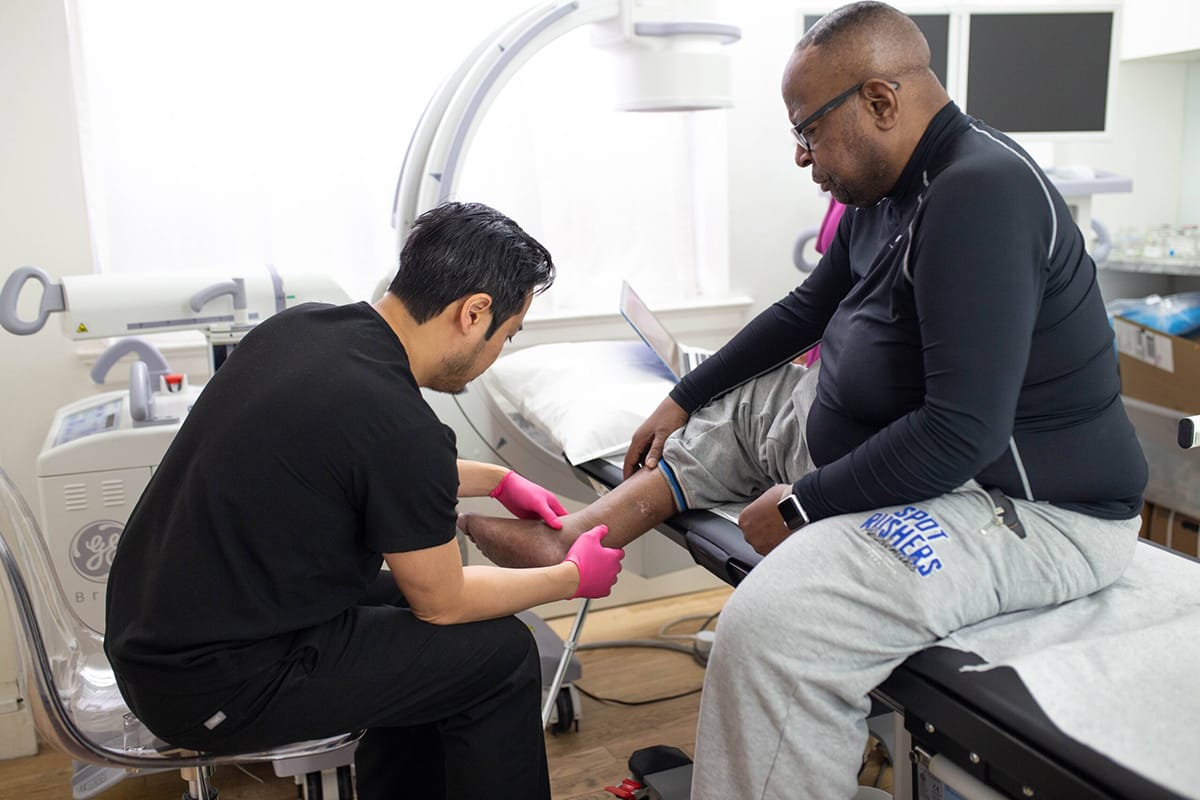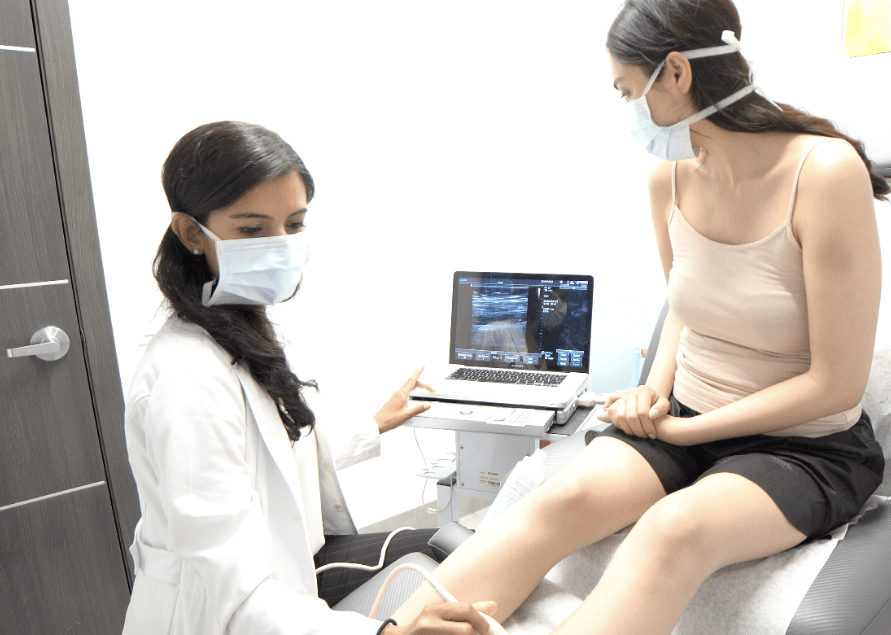Choosing The Right Doctor For Treating Varicose Veins
Posted By Stone Kraus
Body
Overview
Blood vessels twisted and enlarged beneath the skin's surface are known as varicose veins. Usually, these purple or blue bulges appear in your ankles, feet, and legs. They may itch or cause pain.
Despite being unpleasant and ugly, varicose veins are not hazardous for most people. Severe varicose veins can occasionally result in life-threatening conditions like blood clots. Most varicose vein issues can be treated at home by you or your healthcare practitioner using injections, laser therapy, or surgery.
Who is susceptible to vein varicosities?
Varicose veins can affect everyone. Varicose veins can appear as a consequence of a few circumstances, such as:
- Gender: Female hormones may aid in the stretching of the vein walls. Varicose veins are more common in those who are pregnant, taking birth control, or going through menopause due to hormonal swings.
- Family history: There is a chance that this illness will be inherited.
- Age: Vein walls and valves lose some original functionality as we age. Veins harden and lose their flexibility.
- Lifestyle: Extended standing or sitting impairs blood flow. Wearing tight-fitting clothes, like girdles or jeans with a tight waist, can reduce blood flow.
- General health: Some medical diseases might cause increased vein pressure, such as severe constipation or specific malignancies.
- Use of tobacco goods: Varicose veins are more common in those who use tobacco products.

Varicose veins cannot be cured, but these procedures can lessen their visibility and ease discomfort:
- Elastic stockings: Compress your veins with supportive stockings or socks to ease discomfort. The compression prevents Your veins from elongating, which improves blood flow.
- Sclerotherapy, also known as injection therapy, involves a medical professional injecting a solution into a vein. The vein walls stick to one another as a result of the key. Your vein eventually disappears and becomes scar tissue.
- Elevation: Raising your legs above your waist multiple times daily will improve blood flow and lower vein pressure.
- Laser therapy: During endovenous thermal ablation, a minimally invasive technique, medical professionals use a laser and a catheter—a long, thin tube—to seal off a damaged vein.
- Vein surgery: To prevent blood from pooling, the surgeon ties off the damaged vein (ligation) during these procedures, also known as stripping and ligation. To stop varicose veins from growing again, the surgeon could remove (strip) the vein.
Veins that are enlarged and frequently twisted are known as varicose veins; although they can form anywhere on the body, varicose veins are most commonly seen in the legs.
Spider veins are another name for tiny varicose veins. With time, varicose veins can cause discomfort and problems.
Expert in Phlebology
This relatively new classification can be done without a residency or specialized training. Instead, certification as a phlebologist is obtained through the American Board of Phlebology's permission and a written test. The American Board of Medical Specialties and this board are not the same.

Surgeons Specialized in Vascular
Vascular surgeons have passed a rigorous licensing exam and a protracted residency and fellowship. Vascular surgeons bear the accreditation of the American Board of Medical Specialties. They execute invasive surgeries and other complex treatments for major medical diseases in addition to treating a significantly wider variety of vascular system concerns.
Interventional Radiologists
Like vascular surgeons, interventional radiologists are accredited by the American Board of Medical Specialties. Interventional radiologists must attain at least five years of graduate medical education, including specialized residencies and fellowships, and pass a rigorous licensing examination.
In summary
Varicose veins are complicated and swollen veins that form when the veins grow, dilate and fill with too much blood. Numerous factors might contribute to varicose veins and affect a person's day-to-day functioning. Following a thorough examination, your primary care physician will treat your varicose veins or refer you to a specialist such as an interventional radiologist, vascular surgeon, or phlebologist.











Comments